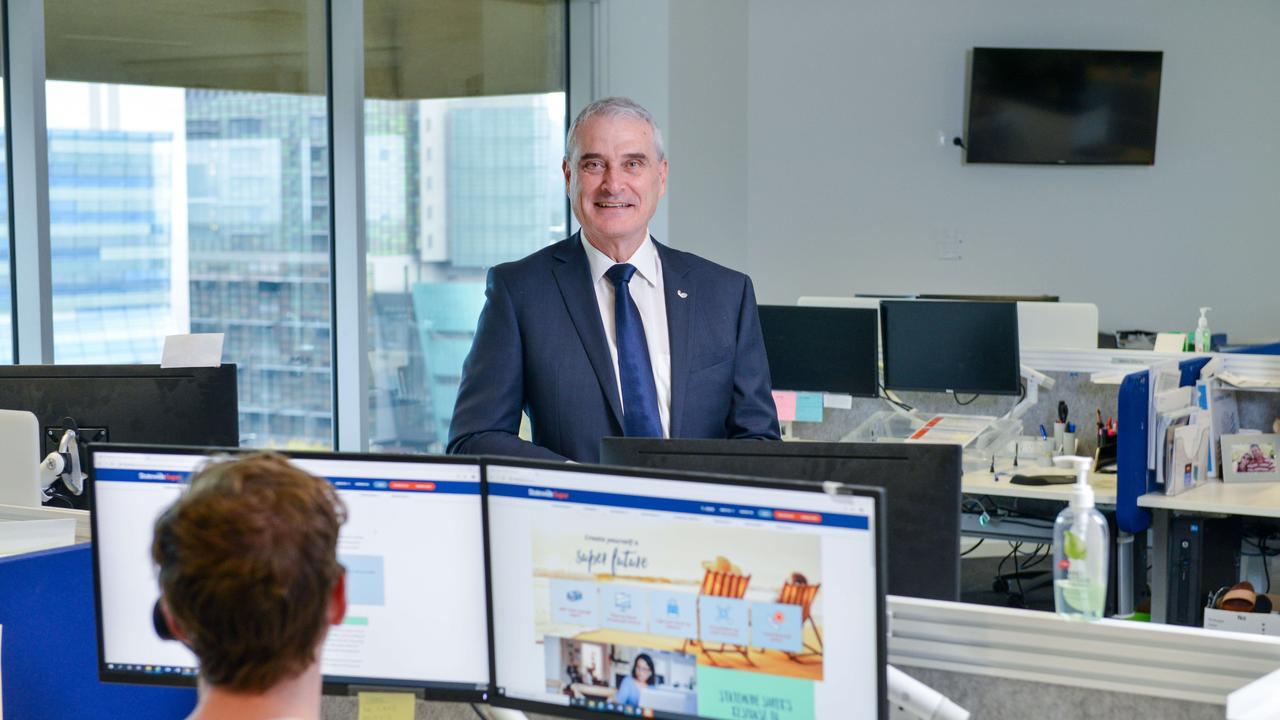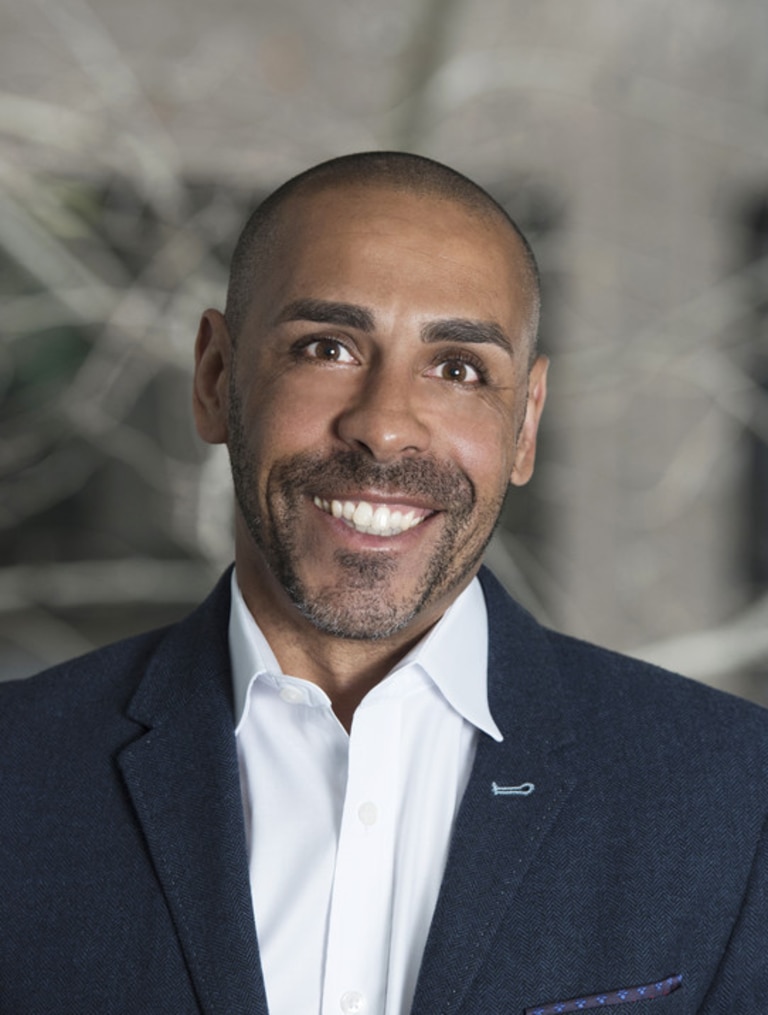How to ask for a salary increase: Trick to getting a pay rise, even during a pandemic
Sometimes you need to stand up for yourself and ask for more, even during a pandemic. Here is the best way to do it.
Asking for a pay rise or talking about money can be the biggest minefield in a job interview. But the key to navigating salary negotiations can be simpler than you think, according to the experts.
But whatever you do – never say you’re negotiable.
RELATED: Minimum wage rises by $13 a week
RELATED: Australia’s big dole myth busted

KNOW YOUR WORTH, KNOW YOUR RANGE
Jason Ajai, founder at Sydney recruitment firm Talent Web, told news.com.au that 95 per cent of interviewees struggled with the idea of negotiating their salary.
“And interestingly, up to 75 per cent of those are women,” he said.
“They can really struggle with the idea of asking for money or a pay rise, or what they deserve.
“I suggest people approach salary negotiations by being very clear on what your worth or your value is.”
Giving prospective employers a range of no more than 5-10 per cent is also a valuable strategy in getting the income you want.
A NON-NEGOTIABLE – LEAVE IT FOR THE SECOND INTERVIEW
Bringing up salary in the first meeting can feel uncomfortable – so if your interviewer doesn’t broach the issue of money, leave it for the second round, Mr Ajai advised.
“If you’ve applied for the role, most are advertised at a salary level, so don’t bring it up in a first interview – see if you are called in for a second, and then bring it up.”
And his number one rule? Don’t say you’re negotiable.
“Saying you want $120,000 a year plus super – but you’re negotiable – automatically tells your interviewer you will take less than what you’ve suggested,” he said.
“It leaves you vulnerable because the organisation will hear those words and sense fear.
“Giving a range will tell them you are negotiable without having to say the words – it will tell them where you are at.”
RELATED: Big mistakes to avoid on your CV

PRACTICE AND BE PREPARED
Being unprepared for the money question can leave you up to $15,000 out of pocket, Mr Ajai warned.
“Really it is one of the biggest minefields – if you do go under prepared, you could leave them thinking you’ll take $10,000 to $15,000 less,” he said.
“And then you’re left with the problem – do I take it and be unhappy with the figure, or do I leave it and risk not finding a better job?
“As with everything, you need to practice.
“Be really clear on what your market value is, what range you’re willing to accept, and be certain of that.
“Then, practice with someone to make sure you’ve got it down pat.”
Body language is also a key indicator on confidence.
“Saying ‘um’, ‘ah’ or looking away from their face and breaking eye contact are clear signs you are uncomfortable with the situation, which could lead to them offering you less,” he said.
“Body language, eye contact and posture have to be there and on point.
“Be direct, speak clearly and concisely.
“Don’t leave gaps or pauses – know what you’re looking for.
“It’s all about the delivery.”
KEEP IT SHORT AND SWEET
“The trap many fall into is they start speaking and filling in blank space with noise and get stuck because they feel they have to keep talking,” Mr Ajai said.
“They might say ‘I’ve looked into my market value and done my research and based on my industry experience I am worth this …’
“Just keep it short and be confident in your worth.
“One thing I always say is use a full stop at the end of your request – it gives you an opportunity to leave the conversation, and end on a soft note like ‘that’s where I’d like to be’, so it’s not a demand.”



